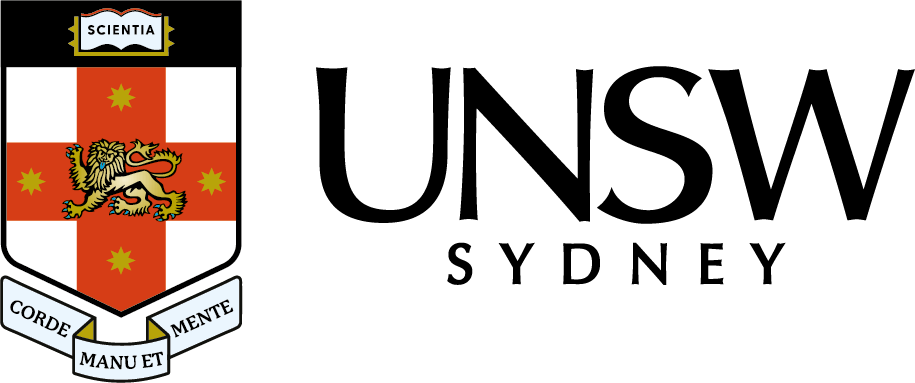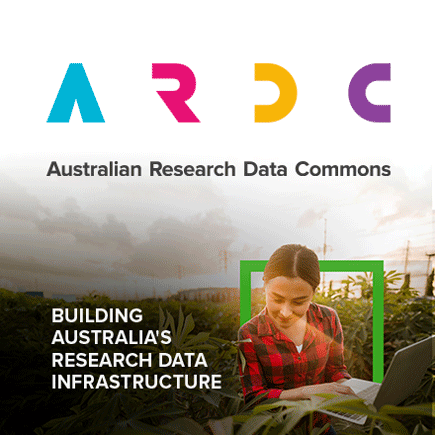Full description
AusTraits is a transformative database, containing measurements on the traits of Australia’s plant species, standardised from hundreds of disconnected primary sources. So far, data have been assembled from 139 distinct sources, describing more than 80 plant traits and over 19k species. A full list of sources is provided below.
To handle the harmonising of diverse data sources, we use a reproducible workflow to implement the various changes required for each source to reformat it suitable for incorporation in AusTraits. Such changes include restructuring datasets, renaming variables, changing variable units, changing taxon names. While this repository contains the harmonised data, the raw data and code used to build the resource will also be made available,
Contributors
The project is jointly led by Dr Daniel Falster (University of New South Wales, Sydney) and Dr Rachael Gallagher (Macquarie University), with input from 127 contributors from over 59 institutions.
The following people and institutions have have contributed to building this resource.
Data contributors (individuals): Mark Adams, Tara Angevin, Anthony Bean, Biloni, Chris Blackman, Eleanor Bolza, David Bowman, Jason Bragg, Amber Briggs, John Brock, Jeff Burley, Geoff Burrows, Don Butler, Carter, Jane A. Catford, Gregory Chandler, Alex Chapman, Si-Chong Chen, Nguyen Ngoc Chinh, Robert Chinnock, David Christophel, Martin Chudnoff, Peter Clarke, Harold Trevor Clifford, Wendy Cooper, William Cooper, Ian Cowie, Lyn Craven, Michael Crisp, Erika Cross, Saul Cunningham, Ian Davidson, Matthew Denton, Desch, Dimitri, David Duncan, Marco Duretto, John M. Dwyer, Derek Eamus, Rebel Elick, John Evans, James Flynn, Carlos Fonseca, Paul Irwin Forster, Sean Gleason, Ethel Goble-Garratt, Goldsmith, Bruce Gray, Caroline Gross, Peter Grubb, Matthew Harrison, Foteini Hassiotou, Heady, Martin Henery, Lesley Hughes, Kate Hughes, John Huisman, Bernie Hyland, Muhammad Islam, Greg Jordan, Enrique Jurado, Greg Keighery, Juergen Kellerman, Kirsten Knox, Robert Kooyman, Etienne Laliberte, Hans Lambers, Byron Lamont, Daniel C. Laughlin, Michael Lawes, Emma Laxton, Caroline Lehmann, Michelle Leishman, Brendan Lepschi, Margaret Lewington, Janice Lord, Ian Lunt, Christopher Lusk, Anthony Manea, Neville Marchant, Abdurahim Martawijaya, Bruce Maslin, Robert Mason, James McCarthy, Daniel Metcalfe, Angela Moles, John Morgan, Huw Morgan, Andrew O’Reilly-Nugent, Grazyna Paczkowska, Paula Peeters, Burak Pekin, Lynda Prior, Jenny Read, Barbara Rice, Anna Richards, Bryan Roberts, Barbara Rye, Miguel de Salas, Susanne Schmidt, Ernst-Detlef Schulze, Andrew John Scott, Oey Djoen Seng, Santiago Soliveres, Jan Suda, Ian Thompson, David Tng, H. Toelken, Kyle Tomlinson, Malcolm Trudgeon, Erik Veneklaas, Peter Vesk, Mark Westoby, Judith Wheeler,Trevor Whiffin, Peter Wilson, Ian Wright & Amy Zanne
Data contributors (institutions): Australian National Botanic Garden, Brisbane Rainforest Action and Information Network, Kew Botanic Gardens, National Herbarium of NSW, Northern Territory Herbarium, Queensland Herbarium, Western Australian Herbarium, South Australian Herbarium, State Herbarium of South Australia, Tasmanian Herbarium
Data processing: Daniel Falster, Elizabeth Wenk, Caitlan Baxter, Sam Andrew, James Lawson, Stuart Allen
Project initiation and data compilation: Rachael Gallagher, Ian Wright
Funding: This work was supported by fellowship grants from Australian Research Council to Falster (FT160100113), Gallagher (DE170100208) and Wright (FT100100910), a grant from Macquarie University to Gallagher, and investment from the Australian Research Data Commons (ARDC), via their "Transformative data collections" (https://doi.org/10.47486/TD044) program. The ARDC is enabled by National Collaborative Research Investment Strategy (NCRIS).
Accessing and use of data
AusTraits will be released under an open source licence (CC-BY), enabling re-use by the community, once our paper describing the data resource becomes public (in 2020). In the meantime, access to the the data resource is restricted.
A requirement of use is that users cite the AusTraits resource paper, which includes all contributors as co-authors:
Citation pending
In addition, we encourage users you to cite the original data sources, wherever possible.
Contributing
We envision AusTraits as an on-going collaborative community resource that:
- Increases our collective understanding the Australian flora; and
- Facilitates accumulating and sharing of trait data;
- Builds a sense of community among contributors and users; and
- Aspires to fully transparent and reproducible research of highest standard.
As a community resource, we are very keen for people to contribute. Here are some of the ways you can contribute:
- Reporting Errors: If you notice a possible error in AusTraits, please post an issue on GitHub .
- Refining documentation: We welcome additions and edits that make using the existing data or adding new data easier for the community.
- Contributing new data: We gladly accept new data contributions to AusTraits. For full instructions on preparing data for inclusion in AusTraits, please got to https://github.com/traitecoevo/austraits.build.
Structure of AusTraits data
The compiled AusTraits database has the following main components:
austraits
├── traits
├── sites
├── methods
├── excluded_data
├── taxonomy
├── definitions
├── contributors
└── build_infoThese elements include all the data and contextual information submitted with each contributed datasets.
Full details on each of these components and columns therein are contained within the document Austraits_dictionary.html and within the file definitions.yml.
Full details on all original sources used to generate this compilation and variables collected are available within the download.
Issued: 2023-01-30
Data time period: 1900 to 2021
Data time period:
Data has been compiled from sources published during the last 120 years
Spatial Coverage And Location
text: Australia
User Contributed Tags
Login to tag this record with meaningful keywords to make it easier to discover
- DOI : 10.5281/ZENODO.3568417

- Handle : 1959.4/100192

- global : 06089ffa-4026-46f1-9c3c-b9caab85bb00


